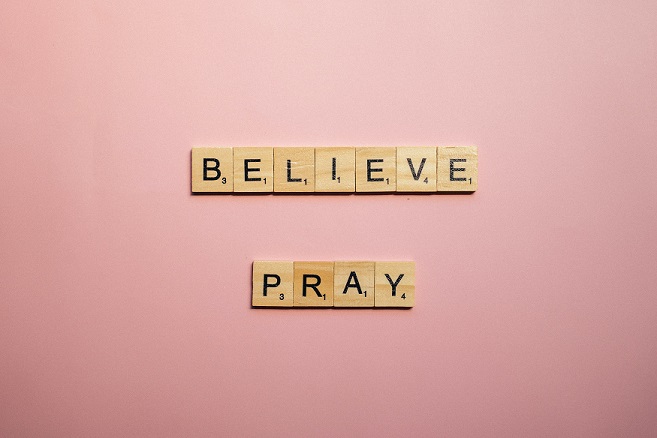
All organising is deeply rooted in our ‘story of self’ or ‘self-interest.’ For Christians, these phrases can sometimes unsettle us. We may feel cautious about seemingly being asked to engage in self-centred ways of thinking,
and concerned that this means organising is potentially about being ego centric, self-serving, or even manipulative. These terms feel very much at odds with the language of servanthood.
Self-interest actually involves taking time to recognize, for ourselves first of all, what it is that motivates us to seek change in our communities. Taking time to consider our self-interest is therefore about being honest with oneself. It is about recognizing that, even when we believe we are serving others, that what we do, and the way we do this- whether consciously or not- is always shaped by our own past experience and current situation. In paying attention to our individual ‘story of self’ we are inviting people to be open to engaging in this kind of honest reflection. To recognize the times when, actually, we have acted out of purely self-interest- perhaps because we are afraid, tired, or angry. But also, to be more clearly attuned to how our own lived experience, our gifts and skills, shape who we are, and what God is calling us to do.
Through the faith rooted community organising pilot, we want to encourage people to pay close attention to the processes of discernment and vocation that we are all called to as part of our Christian journey of discipleship.

As Thomas Merton said “humans have a responsibility to find themselves where they are, in their own proper time and place, in the history to which they belong and to which they must inevitably contribute.” Our ‘story of self’, our understanding of our ‘self-interest’ is never purely an individual endeavour. The aim is not to enable us to persuade others that our pet project, or what we think God might be calling us to, should be given support just because we say so! Rather, it is about discerning how what we are being called to offer can contribute to the wider story of ‘us’. We discover more of our calling, our vocation, not just in times of quiet and reflection, but also in and through others.
It is our story of self that we then bring in to our one to one conversations; these are always both a way of finding out about the other person, and also a powerful opportunity to enable us to reflect back on ourselves, and what we bring. It may not happen in every one to one, but many of us who have a regular practice of one to ones which recognize that sometimes, we have a powerful moment of connection with the other person in the conversation, where we sense the presence of the Spirit at work in and through what is being shared. This is not necessarily because of the more obvious things we may have in common- such as where we grew up, for example, or the kind of jobs we do for work. Rather, the connection is on a deeper level- a sense of shared calling and vocation, perhaps, or the feeling that God is speaking to you, words of challenge or encouragement, through something the other person is sharing.
It’s this seeking after connection that makes a one to one different from a pastoral conversation, or listening space. One to ones are about, appropriately, levelling the power dynamic- we are opening up and sharing something about ourselves, and why we care about our church or community. It’s perhaps a different, and more vulnerable space to that which we are used to.
In my experience, there is something to learn from and reflect on after every one to one I have had. Eddy and I sometimes get asked ‘what are we meant to do with all of that? Won’t having lots of one to ones mean that you are hearing lots and lots of different ideas? There’s no way we can do all of those, is there?’
The reality is that, yes, sometimes people will share ideas. Sometimes, that’s because people think it’s what we want- they’ve taken part in community or church consultations before and ‘ideas’ (whether realistic or not) are what are expected! The key to an effective one to one conversation is going a little deeper, and asking the question- what is it that has led you to suggest that? What lies behind that idea?
When we go deeper in this way, we can more easily pick up on the common themes that lie beneath the surface of what people are saying. The longing for connection, perhaps, or their longing to see a particular issues in their community addressed. It’s these common themes that lead to the deeper connections in organising, and which we miss out on if we do not make space to listen, and share, and then reflect.
In part two of this 2 part blog post, I’m going to share my reflections on a recent, and very powerful one to one, and how that shared conversation has caused me to reflect again on my own calling and vocation going forward.

Leave a Reply